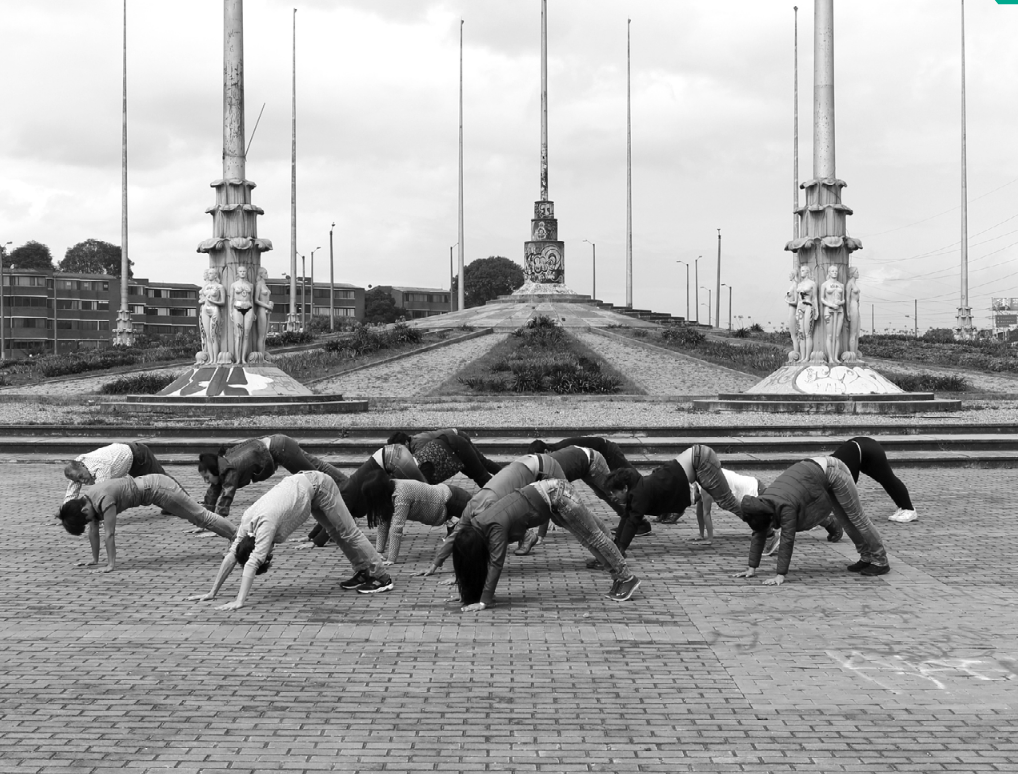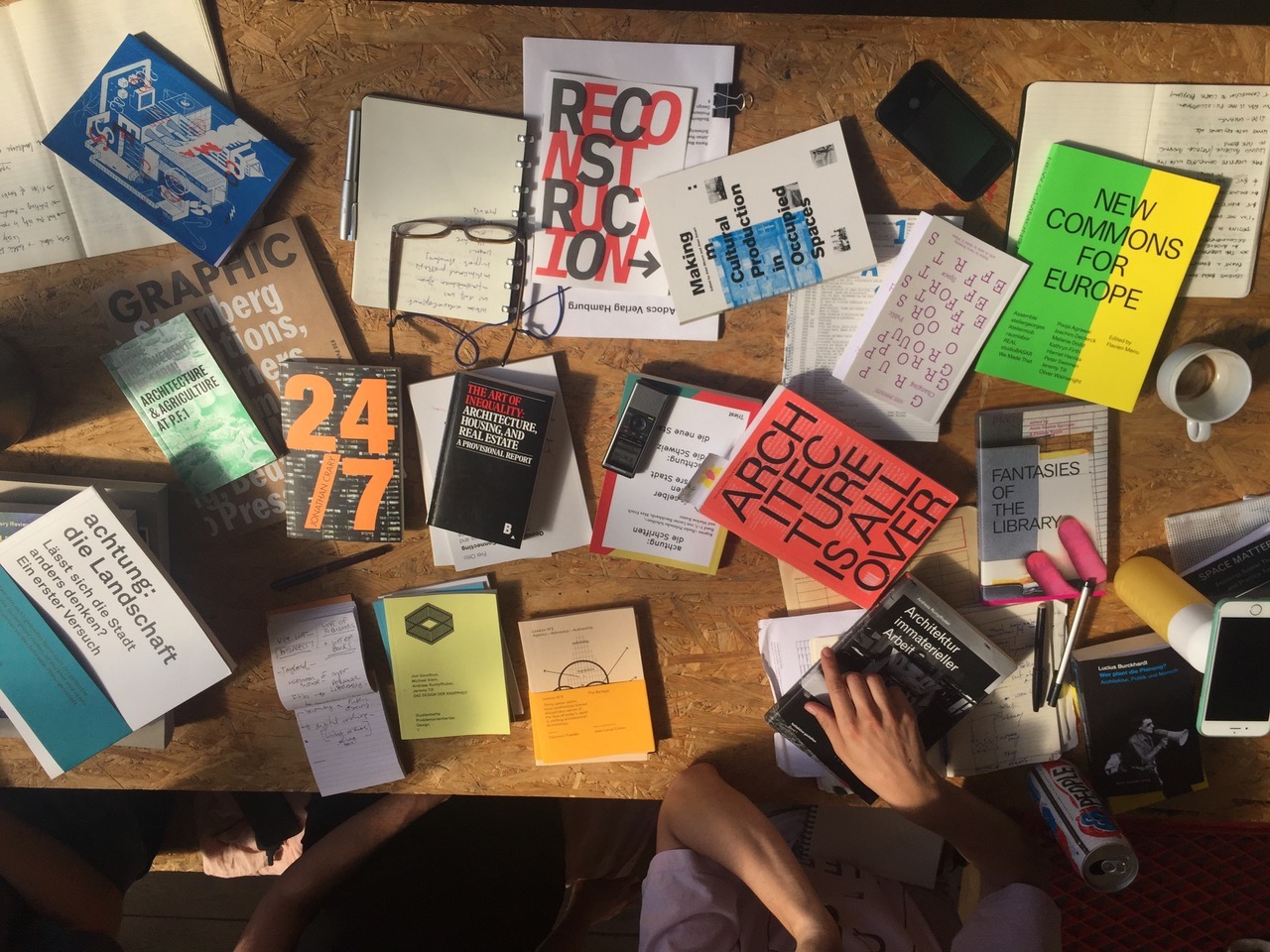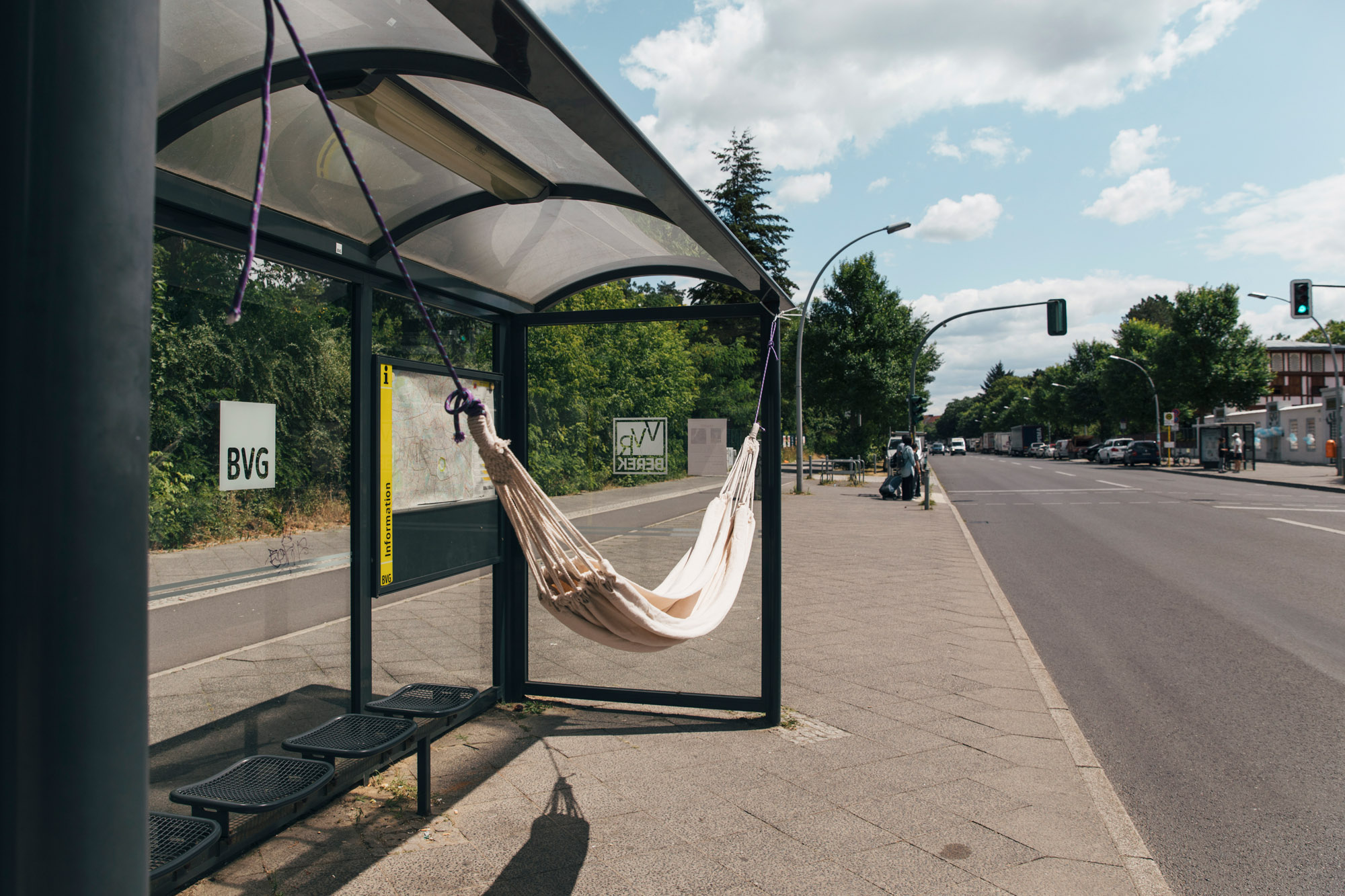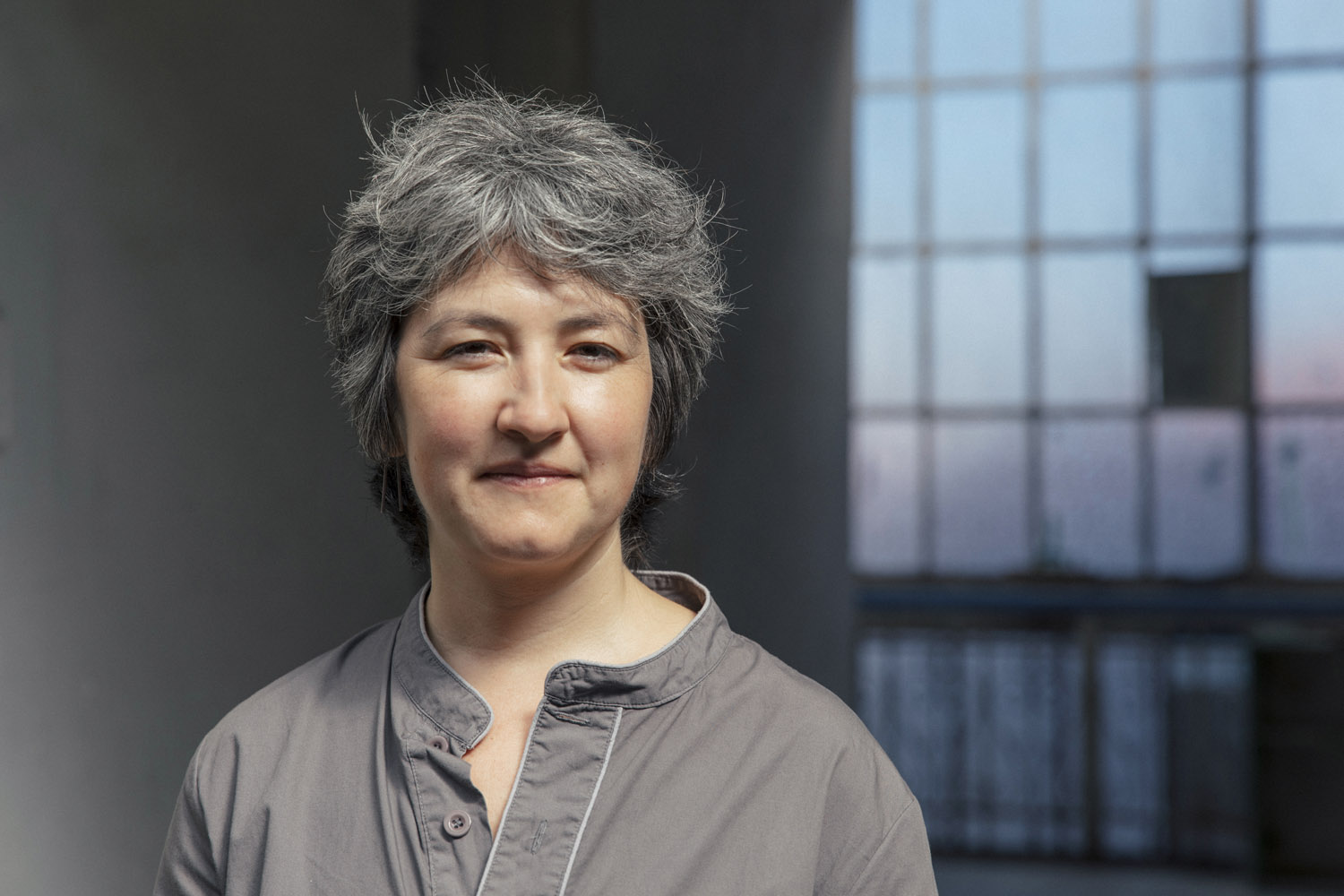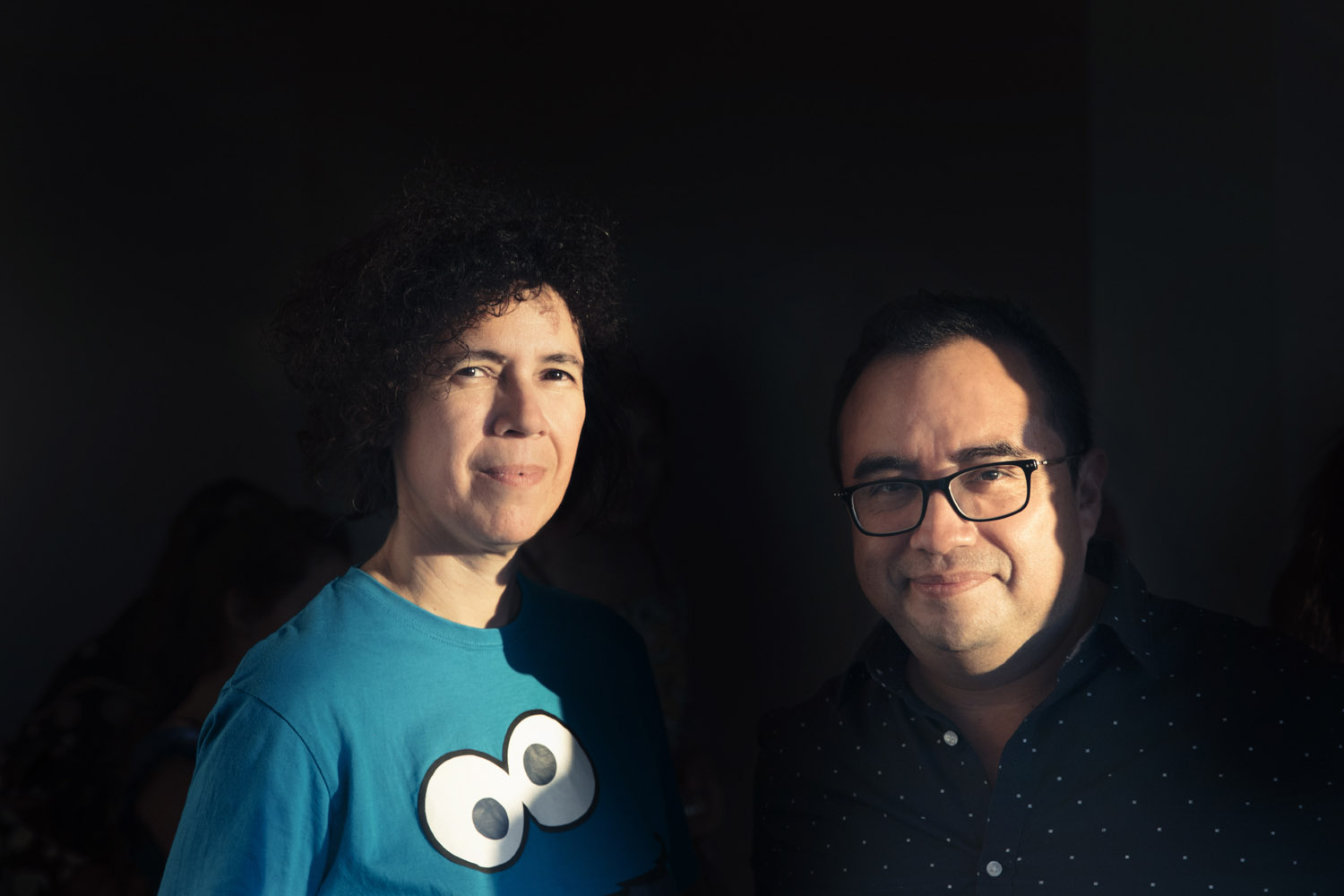Garage Schools: Laagencia
– Laagencia
The Garage School, Outdoors Vol. references Tehching Hsieh, who in his third one–year performance, did not enter any type of buildings or shelters, including cars, trains, airplanes, boats or tents. He moved through New York City with a backpack and a sleeping bag. The School adopted this performance as a methodology for eight Saturdays in Bogotá’s public spaces.
This fourth version of the Garage School represents the continuation of an ongoing research project; a contingent map that has resulted from several encounters proposed on the field of art+education; a topography that got constructed and transformed as we inhabited and explored it with others. In this particular case, establishing the rule of staying outdoors allowed us to propose a spatial pedagogy—more specifically, a public spatial pedagogy.
One of the research topics throughout this process has been the exploration and understanding of how to formulate different types of spaces as a process for education. In that sense, the outdoors led us to create a school with little or nothing, with the minimum, with others, with words and ideas. Thus, all the participants encountered a methodology of making that did not need of or depended on a particularly suitable or adequate place, with all that this can mean and imply. Instead, this school used the city, taking advantage of its dynamics, open spaces, furniture, and different resources that are given for the meeting or the experiment, to be used and performed by anyone. The use, definition, and appropriation of public space is an urgent concern in Bogotá’s context; exploring the policies that configure it is an active discussion within artistic practices, so that public space is not only understood as a site of circulation and spectacle, but as an ecosystem where free associations between people, uses, and meanings take place.
Thinking about an outdoors School did not intend to respond to an eternal demand of being accessible, which is imposed to the cultural and educational sector. Instead, it proposed to think art+education in relation to the places which we have access to and, in that sense, be able to in- habit, explore, and question them, assuming certain tactics to rethink the ways of relating to the city. in other words, it proposed forms of coexistence with what surrounds us.
Since the start, the structure of this School was planned under a horizontal logic. Through an open call a group of twenty people was formed, all of whom were interested in thinking about the public and the commons from an experience of the outdoors. In this way, the group became a collective and an assembly, that by common agreement, decided the content and order of all the sessions.
For this purpose we created a repository of projects, made out of groups and cultural agents that would propose an outdoors session, acting as hosts of the public space of their street, neighborhood, locality, or community. During the session, some type of action would be carried out coming from the interests and practices of this particular group or the public space. The School was developed in this manner, and each place we visited represented a trace of the large affective cartography in which the School became. Starting at the Monumento a las Banderas at the Avenida de Las Américas, passing through Casa B in the Belén neighborhood, through the Cementerio Central, La plaza de la Hoja, the Bachué neighborhood, the Fucha River in the San Cristobal Sur neighborhood, the Bogotá’s Archive, the Park Tercer Milenio, San Victorino, the Park of the Periodistas, the Santa Fé District, the National University, and the Virgilio Barco library.
Following the same logic of horizontality, the School decided to develop an editorial project that adopted a Wiki methodology to generate both the content and the structure of this publication, leaving out any notion of authorship and assuming a single voice.
– This is the foreword opening The Garage School Outdoors Vol. – A free and open program that changes in subject and structure with each iteration initiated by laagencia in Bogotá, Colombia. We invited Santiago Pinyol – one of it’s members- to join an internal workshop leading up to the Making Futures School.

